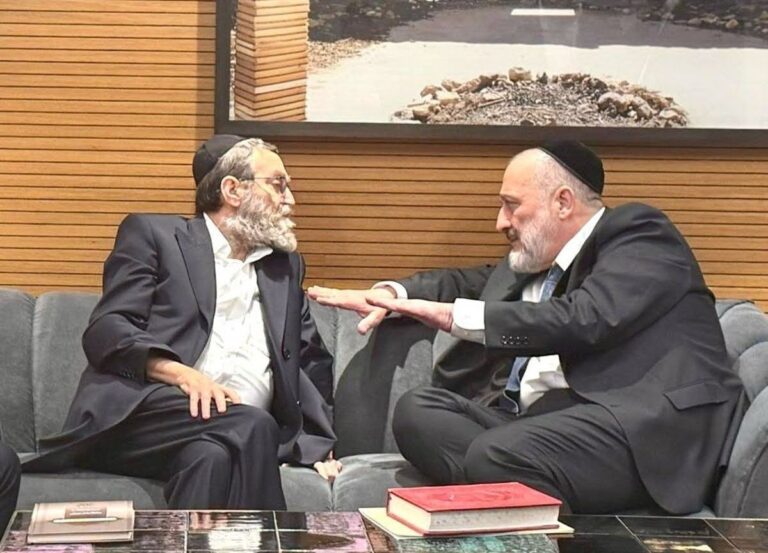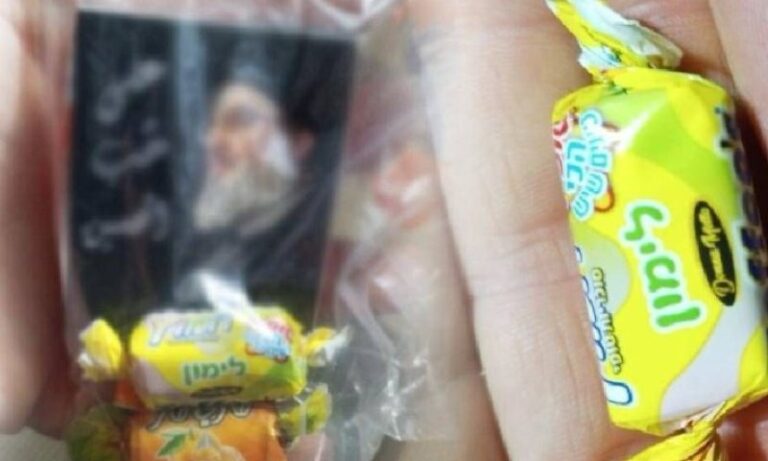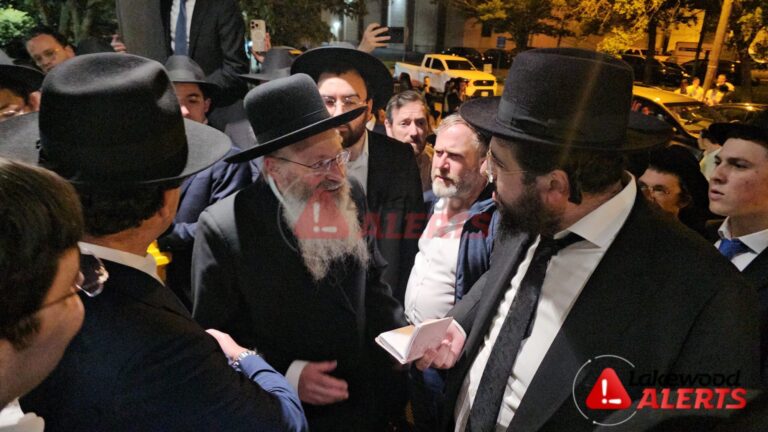If you place food on a crock pot that is on a timer for Shabbos, is it considered bishul Yisroel? Beyond the food, what obligations does a Kashrus agency have in a facility, e.g., the attire of the wait staff, the type of entertainment and music played, etc.? What is the criterion for Kashrus agencies to decide whether or not to certify an establishment that has just lost its certification? The answers to these intriguing questions and more were shared by STAR-K Rabbinic Administrator HaRav Moshe Heinemann at the 12th Annual STAR-K Kashrus Training Program, held July 13-16, and its back-to-back annual Food Service Kashrus Training Seminar, held July 20-22, in STAR-K’s Baltimore, Maryland, offices. The former was coordinated by STAR-K Kashrus Administrator Rabbi Zvi Goldberg; the latter, by STAR-K Kashrus Administrator Rabbi Sholom Tendler. In addition to lectures such as: Administrative Issues; Appliances; Food Service Hashgocho; Vegetable Checking; Fish; Cheese, Milk and Cholov Yisroel; the Beverage Industry; and Beer, Wine, and Liquor, both seminars featured field trips to the largest kosher supermarket in the country—Seven Mile Market. STAR-K Kashrus administrators also led tours of a candy factory, caterer, slaughterhouse, restaurants, and hotel kitchens, including the designated STAR-K certified kosher kitchen of the Hyatt Regency Baltimore. Both seminars received rave reviews from the participants. Rabbi Chaim Dovid Kulik, the Rav of Kehillas Sho’avei Mayim, who also teaches in Teferes Bais Yaakov High School and is a member of the Rabbinical Vaad Hakashruth of The Kashruth Council of Canada (COR), in Toronto, shared, “I signed up for the Kashrus Training Program to get a little bit more knowledge about what’s behind kashrus and it was, in fact, fascinating. I know a lot more going out than coming in! The STAR-K is very impressive. You see how much goes in—a lot more than seeing the STAR-K on the package. It’s a pity a lot of people don’t understand what goes deep into kashrus. I’d like to get the message across to some people out there who have things to say, and now I have a little bit more ammunition to answer. ” Rabbi Dr. Yoel Erblich, a psychologist from Elizabeth, New Jersey, attended the program because he is interested in potentially starting a community in a small neighborhood. “[It was] the idea of being able to take all the Yorah Deah that was learned and then seeing it laid out,” said Rabbi Dr. Erblich. “I wish I could stay longer. I felt like every time one of the Rabbanim spoke, I wanted another hour of their time to hear even more, because there was just so much and it was so amazing. I definitely got a feel, first hand, about STAR-K’s dedication, integrity, and yashrus in trying to figure out how to do the best you can to do something the right way. It’s nice to see that and it’s inspiring.” Kollel fellows attended the Kashrus Training Program, as well. Rabbi Shmuel Nadoff, a kollel yungerman in Beth Medrash Gevoha in Lakewood, New Jersey, said. “I enjoyed the seminar immensely and wish it would have been longer. I hope to use all the things I have learned as background knowledge in kashrus for my own life and for the necessary training for a kashrus position. My impression of STAR-K is that it






